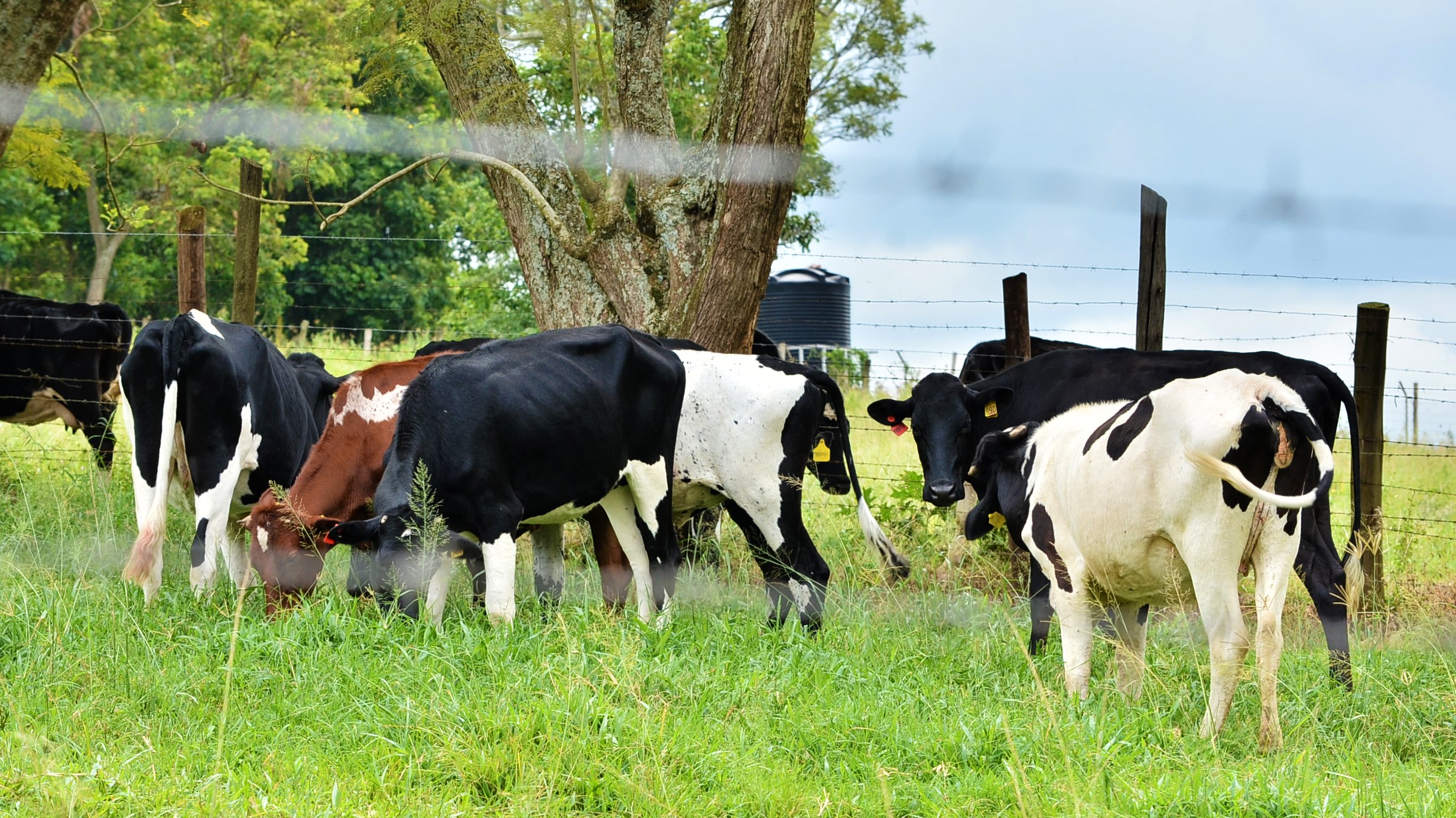Tumwebaze puts new anti-tick vaccine efficacy at 88%

Agriculture minister Frank Tumwebaze
What you need to know:
- Information from Naro indicates that the anti-tick vaccine would lead to a reduction in the frequency of acaricide use by at least 90 percent (from spraying twice a week to twice in 6 months) in a period of six months, with a resulting reduction in production labour costs.”
Agriculture minister Frank Tumwebaze has said an anti-tick vaccine developed in the country has an efficacy of 88 percent in stopping the parasite.
He made the remarks in Parliament on Wednesday while responding to the concerns of Vice President, Ms Jessica Alupo, on why the product has delayed to come out.
“The good news is that the final trials of the vaccine have been conclusively done and the vaccine stands at 88 percent efficacy. This is much higher than the only vaccine from Cuba which was commercialised at 50 percent [efficacy],” Mr Tumwebaze said.
He promised to bring a comprehensive report on the progress in vaccine development in two weeks, adding that there were security concerns that made them not share information about the progress.
The minister added that the vaccine was developed by the National Agricultural Research Organisation (Naro).
Before his remarks, Ms Alupo had said the minister “stated very clearly that his scientists through Naro have developed products and prototypes to support the agricultural value chain… we have waited for too long for the anti-tick vaccine.”
“...you may find time and update this House on the progress of the development because we have done budgeting for that specific item for many subsequent financial years. This is a very important development because three-quarters of our population depend on livestock,” she added.
Information from Naro indicates that the anti-tick vaccine would lead to a reduction in the frequency of acaricide use by at least 90 percent (from spraying twice a week to twice in 6 months) in a period of six months, with a resulting reduction in production labour costs.”
This, the research organisation said, would help the farmer to break even at a low cost. Naro also said it would lead to a reduction in chemical importation from 350 tonnes to less than 170 tonnes, equivalent to a saving of Shs1 trillion for more than 3 years.
On January 18, a technical team from the Agriculture ministry led by Ronald Ssegawa Gyagenda, the undersecretary and commissioner in charge of finance and administration, briefed MPs on the Public Accounts Committee about plans to have both anti-tick and foot and mouth disease vaccines manufactured in Uganda through Naro and that the facility at Nakyesasa, Kampala, had been set up.




